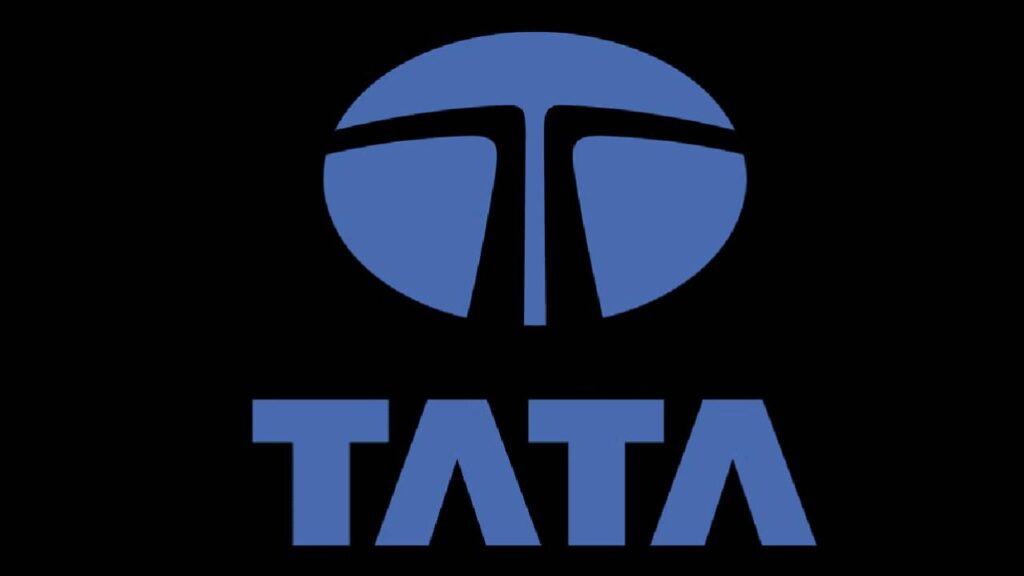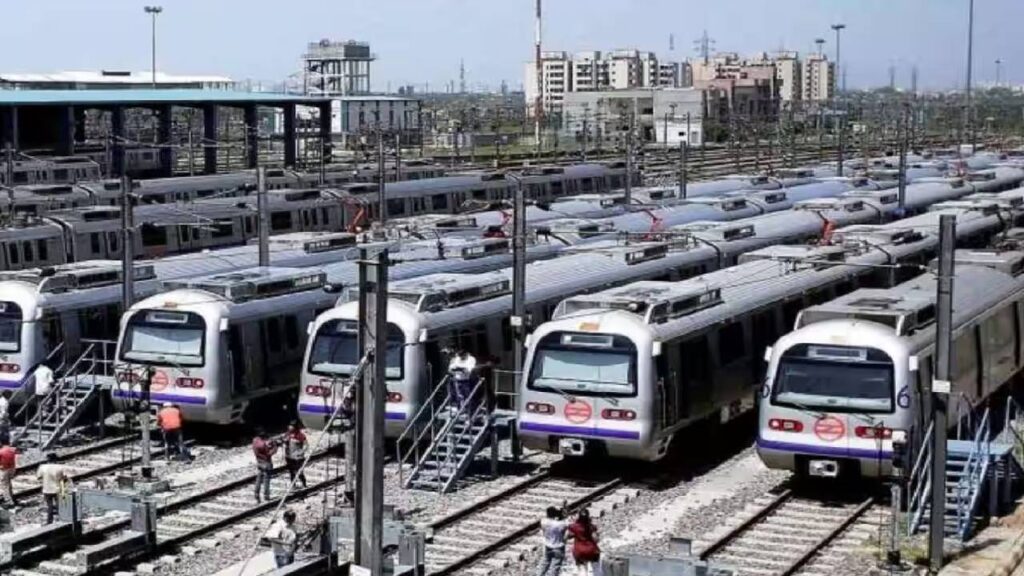In the fiscal year 2023-24, the Municipal Corporation of Delhi (MCD) witnessed a significant downturn in its property tax collection, recording a decrease of 11.5% compared to the preceding fiscal period.

During the previous fiscal year of 2022-23, MCD had successfully amassed Rs 2,417 crore in property tax revenue. However, this figure plummeted to Rs 2,137 crore in the fiscal year 2023-24, marking a notable decline of Rs 280 crore. Correspondingly, the number of taxpayers dwindled from 13.29 lakh to 12.58 lakh.
This shortfall in collection, substantially below the targeted amount of Rs 3,500 crore specified in the 2023-24 budget, has left MCD officials disheartened, as property tax constitutes a primary source of revenue for the corporation. According to authorities, the absence of an amnesty scheme this year contributed to the decline.
An MCD official elaborated, stating, “Unlike FY 2022-23, in the last financial year, we introduced the Samriddhi scheme, resulting in an additional collection of Rs 400 crore.” The absence of such initiatives in FY24 dissuaded taxpayers from clearing their dues promptly.
Efforts were made to boost collection, including stringent measures against major defaulters, expanding the taxpayer base, and thorough property assessments based on documentation like electricity bills.
Leader of the opposition and BJP councillor Raja Iqbal Singh criticized the situation, suggesting that the decline in collection exposed the inefficiency of the current administration. However, MCD’s revenue collection from sectors such as the Remunerative and Project Cell (RP Cell), public health, and advertisements witnessed an upsurge.
The RP Cell’s revenue soared from Rs 213.3 crore to Rs 254 crore, attributed to intensified efforts to tackle illegal parking and enforce payment regulations. Similarly, the advertisement department’s revenue surged from Rs 225.7 crore to Rs 304.5 crore, following strategic changes and crackdowns on illegal advertisements.
Furthermore, revenue from public health, including licensing fees from restaurants, escalated from Rs 34 crore to Rs 50 crore.
Meanwhile, the New Delhi Municipal Council (NDMC) recorded a property tax collection of Rs 1,025.6 crore in FY24 compared to Rs 931.2 crore in FY23, falling slightly short of its target of Rs 1,150 crore. The NDMC area boasts 16,500 taxpayers, of which 60% are non-residential, including 1,600 government or PSU assesses.
Follow and Connect with us: Twitter, Facebook, Linkedin, Instagram










